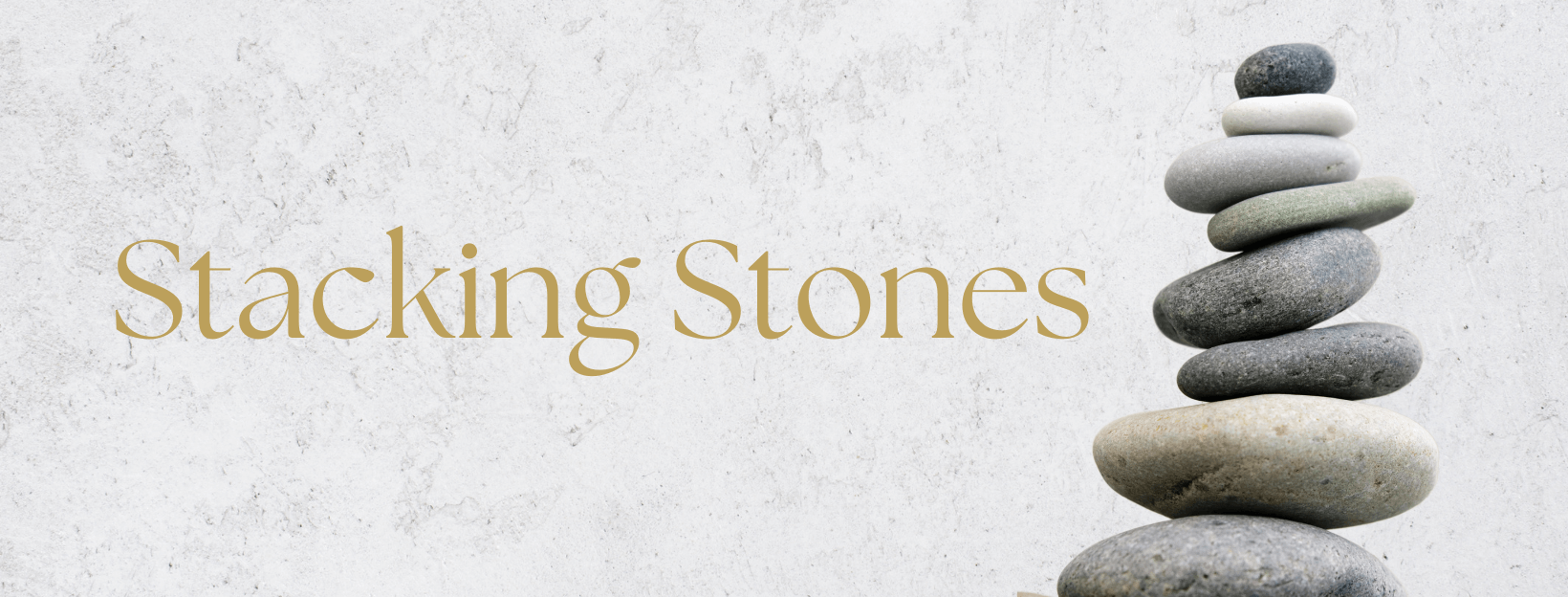
In 1975, linguist Joan Grusec studied how caregiver language influenced children’s persistence on challenging tasks. She found that children who heard process praise (“You worked hard on that puzzle”) kept trying longer and showed more determination than those who heard person praise (“You’re so smart”), who tended to give up more quickly when things got tough.
Decades later, modern neuroscience explains why.
The Science Behind Praise and Brain Wiring
Studies using fMRI imaging and developmental psychology reveal that praise shapes brain activity:
- Process praise (effort, strategies, persistence) activates the brain’s reward and learning systems, reinforcing motivation and problem-solving.
- Person praise (traits, talent) can lead to a fixed mindset — a belief that ability is innate, making mistakes feel like proof of failure rather than steps toward mastery.
Psychologist Carol Dweck’s work showed that children praised for effort were more likely to take on challenges, recover from setbacks, and develop a growth mindset. More recent studies (e.g., Rao et al., 2021, Developmental Science) link effort-based praise to dopamine release, strengthening neural pathways related to persistence and resilience.
When Praise Can Backfire
While encouragement is vital, praise isn’t always helpful. Research and clinical experience both show that:
- Empty praise (“Good job!” with no specifics) can feel meaningless or manipulative.
- Over-praising can make children feel pressure to keep earning approval, leading to performance anxiety.
- Patronizing praise (“Wow, you finally did it!” in a condescending tone) can feel belittling.
- Spotlight praise can make some children, especially sensitive or strong-willed ones, feel scrutinized rather than supported.
Strong-willed children are particularly likely to reject praise that feels fake, exaggerated, or like it’s part of a hidden agenda. They may interpret it as an attempt to control them or as judgment disguised as a compliment.
Strong-Willed Children and Praise: A Delicate Balance
For strong-willed kids, encouragement works best when it is:
- Specific: Focus on what they did, not who they are.
- Observational, not evaluative: “I saw you keep trying different ways until it worked” instead of “You’re so determined.”
- Private when needed: Some children feel embarrassed or resistant if praised in front of others.
- Genuine and minimal: Too much praise can make them suspicious or defensive.
- Linked to autonomy: Show that their actions had real impact, rather than praising for your approval.
Benefits of Thoughtful, Strengthening Praise
When done well, praise:
- Builds intrinsic motivation — the drive to act from personal satisfaction rather than external rewards.
- Increases persistence through difficult challenges.
- Strengthens the brain’s reward-learning circuits, creating a habit of effort over avoidance.
- Deepens connection when children feel truly seen and understood.
Practical Ways to Shift Your Praise
Think of praise less as a performance review and more as a mirror: reflect what you saw and why it matters.
Instead of:
“You’re so talented at drawing.”
Try:
“You kept sketching until you found a design you liked.”
Try:
“You kept sketching until you found a design you liked.”
Instead of:
“You’re a great helper.”
Try:
“When you put away the groceries, it made dinner prep much faster.”
Try:
“When you put away the groceries, it made dinner prep much faster.”
10 Ready-to-Use Process Praise Phrases
Click here to download the phrases guide
- “I noticed you kept going even when it got hard.”
- “You tried different ways until something worked.”
- “You stayed calm and figured it out step by step.”
- “You asked a good question that helped solve the problem.”
- “I can see how much you’ve improved since last time.”
- “You didn’t give up, even when it was frustrating.”
- “You found a creative solution to that challenge.”
- “You worked carefully and paid attention to the details.”
- “You kept your focus even with distractions.”
- “You learned something new today because you kept trying.”
Our words are more than encouragement — they’re part of the architecture of our children’s developing brains. The right kind of praise can help them face challenges with courage, curiosity, and self-trust. But for strong-willed kids especially, the how and when matter just as much as the what.
___________________
Begin Within
and align with the rhythm of nature and self.













0 Comments